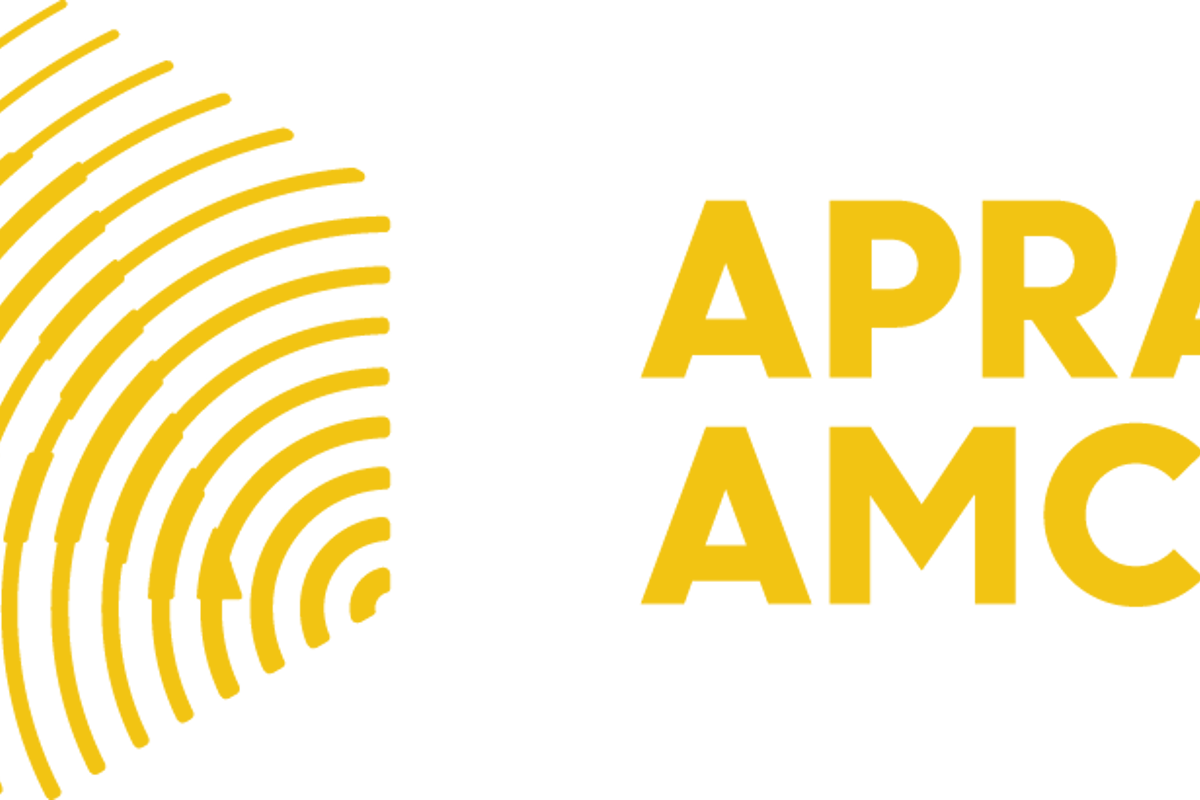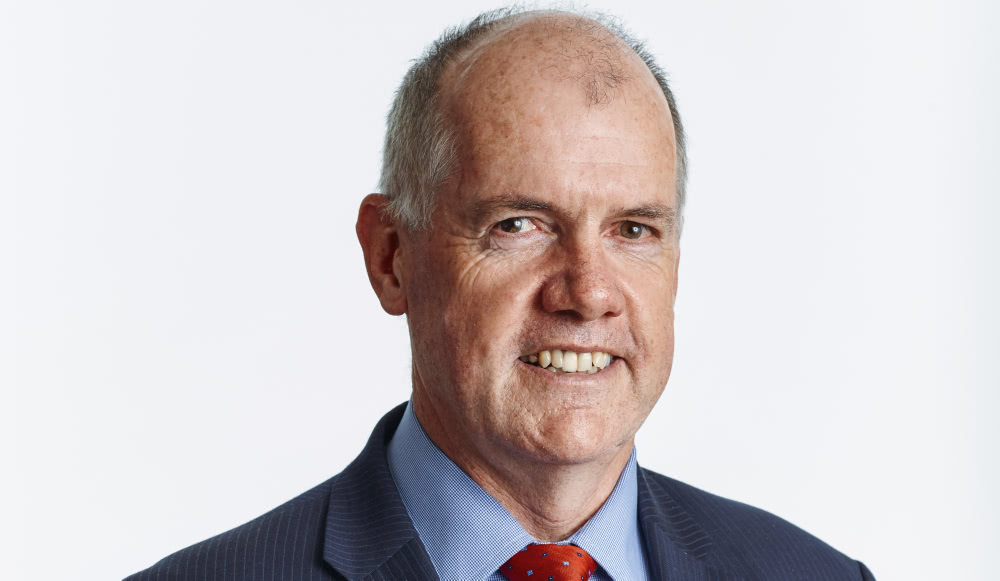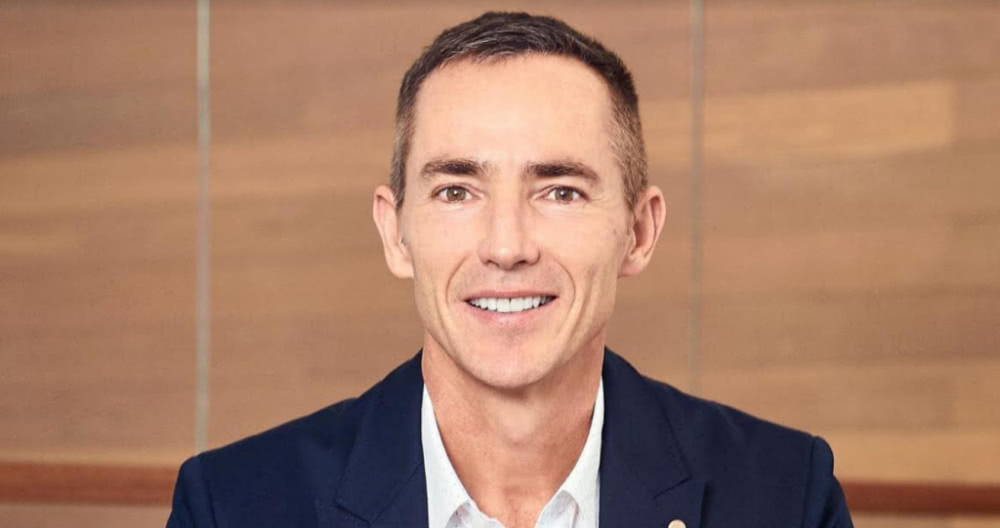ACCC calls for APRA to ‘increase transparency’

The ACCC, Australia’s competition authority, is keen to enforce tougher conditions on APRA as the rights society seeks reauthorisation for its music licensing arrangements.
Earlier this week, the ACCC put out the call for feedback on a proposal to reauthorise APRA’s collective arrangements for a further five years. Though this time, the watchdog is flexing its muscles.
The ACCC said it wanted to see “strengthened conditions” to “increase transparency and help protect songwriters and small businesses” when dealing with the society, and suggested APRA spell out its fees and distribution systems in a jargon-free guidebook.
“It’s more efficient for APRA members to collect royalties jointly, rather than every artist having to collect their own royalties and monitor compliance,” comments ACCC deputy chair Mick Keogh, in a statement.
APRA already has a “near-monopoly,” he continued, and the “exclusivity provisions it has with artists makes its position even stronger. This raises a risk of higher prices for businesses that play music, and other inefficiencies or restrictions for APRA members.”
Currently, APRA boasts more than 100,000 members and licenses more than 147,000 venues on both sides of the Tasman, including pubs, clubs and gyms.
According to the ACCC, respondents to its recent consultation process frequently expressed concerns about the lack of transparency and accountability of APRA, both to its members and to businesses from which it collects licence fees.
The ACCC is keen for APRA to explain all its complexities with members and clients, and do so in layman’s terms.
Under the proposal, the rights society would be required to publish information on how it calculates licence fees and produce a “plain English” guide to its distribution policies. The ACCC also proposes publishing an annual transparency report.
“We are therefore proposing to grant authorisation for a further five years with conditions that require APRA to be more transparent about licence fees and the way it pays royalties to members, in order to mitigate APRA’s market power and its impact on songwriters and businesses,” Keogh concluded.

ACCC deputy chair Mick Keogh
APRA welcomed the ACCC’s draft determination. “We note the ACCC proposes to introduce strengthened conditions to increase transparency around how APRA’s licence fees are calculated and the way APRA distributes those licence fees to its members,” reads a statement issued Friday afternoon.
“We’re obviously still considering the detail of those proposed conditions and will respond. APRA is always very willing to work with the ACCC to address concerns.”
The message continues, “We see our regular ACCC re-authorisation process as a valuable exercise in corporate governance, which helps APRA achieve international best practice when it comes to the collective licensing of music, serving the interests of both our 100,000+ songwriter and music publisher members but also the 140,000 locations we license to use music as part of their everyday service offering.”
The PRO also noted that the reauthorisation has a “positive effect” on the launch of OneMusic on 1 July 2019. APRA is licensing on behalf of the PPCA, which is not subject to authorisation.
APRA’s licensing arrangements were first authorized by the Australian Competition Tribunal in 1999. The ACCC reauthorized in 2006 and conditionally reauthorized them in 2010 (after calling on the society to streamline its royalty processes) and again in June 2014, subject to certain conditions.
As part of this current process, the ACCC is seeking third-party feedback on the draft determination, to be submitted by July 5, 2019.
A likely pre-decision conference will take place in mid-July and a final decision is expected in August.
This article originally appeared on The Industry Observer, which is now part of The Music Network.































